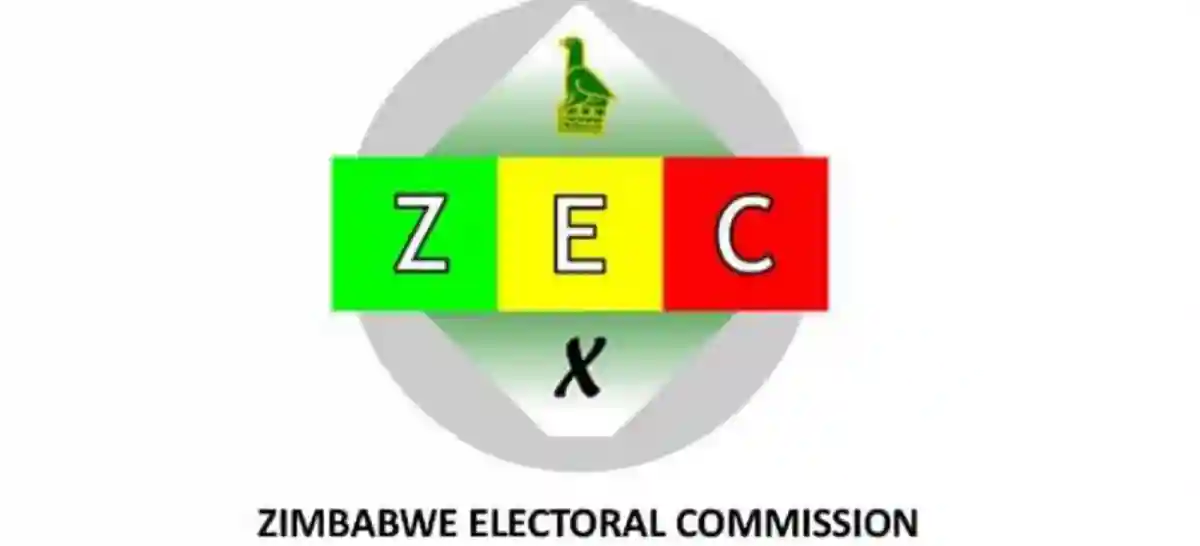The Zimbabwe Electoral Commission (ZEC) says it has procured 80 percent of essential election material for the 23 August 2023 general elections.
ZEC vice chairperson Rodney Kiwa told The Herald that they were hopeful that appeals against the rejection or acceptance of candidates’ papers in some constituencies which has delayed the the printing of ballot papers, will be settled soon. He said:
Procurement of essential election material for the harmonised elections is at around 80 percent with the rest in progress.
Section 239(g) of the Constitution gives the Commission the mandate to design, print and distribute ballot papers, among other functions.
The Commission has commenced the exercise of designing the ballot papers for all contested National Assembly constituencies and local authority wards as well as the Presidential Ballot.
The drawback, however, as you may appreciate, is the designing of the ballot papers for those constituencies where an appeal has been lodged against the rejection or acceptance of a prospective candidate’s papers.
The Commission hopes that this legal challenge will be concluded soon to allow it to conclusively deal with the design thereof.
Kiwa also said ZEC will disclose the names of where and who was printing the ballot papers, as well as the total number printed in due course. He said:
Regarding the printing of ballot papers, the Commission will in due course and in line with provisions of Section 52A of the Electoral Act inform the general public and other stakeholders of where and by whom the ballot papers for the election are being printed as well as the total number of ballot papers that have been printed in respect of each election.
ZEC will publish the final list of polling stations through the media, 21 days before polling day and on the day of the election, said Kiwa. He said:
The final list of polling stations will be published in the press 21 days before polling and on Election Day.
These stations were established in terms of Section 51 of the Electoral Act, which provides that the Commission should establish polling stations at places it finds suitable and convenient to voters.
The law compels the Commission to establish adequate polling stations in each of the country’s 1 970 wards with each polling station being located at a place that is readily accessible to the public, including persons with physical disabilities.
Kiwa said by the end of the day on Tuesday, 169 observers had been accredited with 145 of them being local observers and 24 local journalists.
He said international observers were yet to get accreditation.
More: Pindula News

